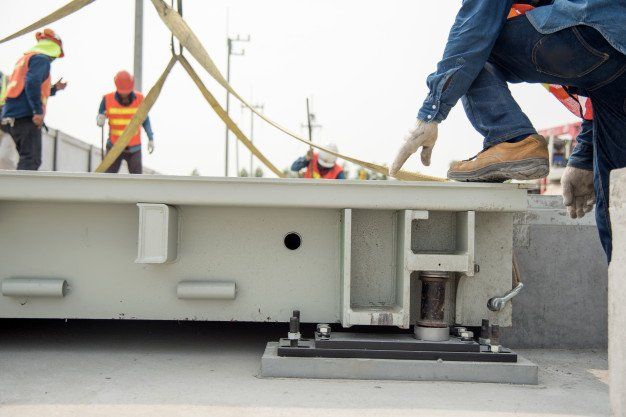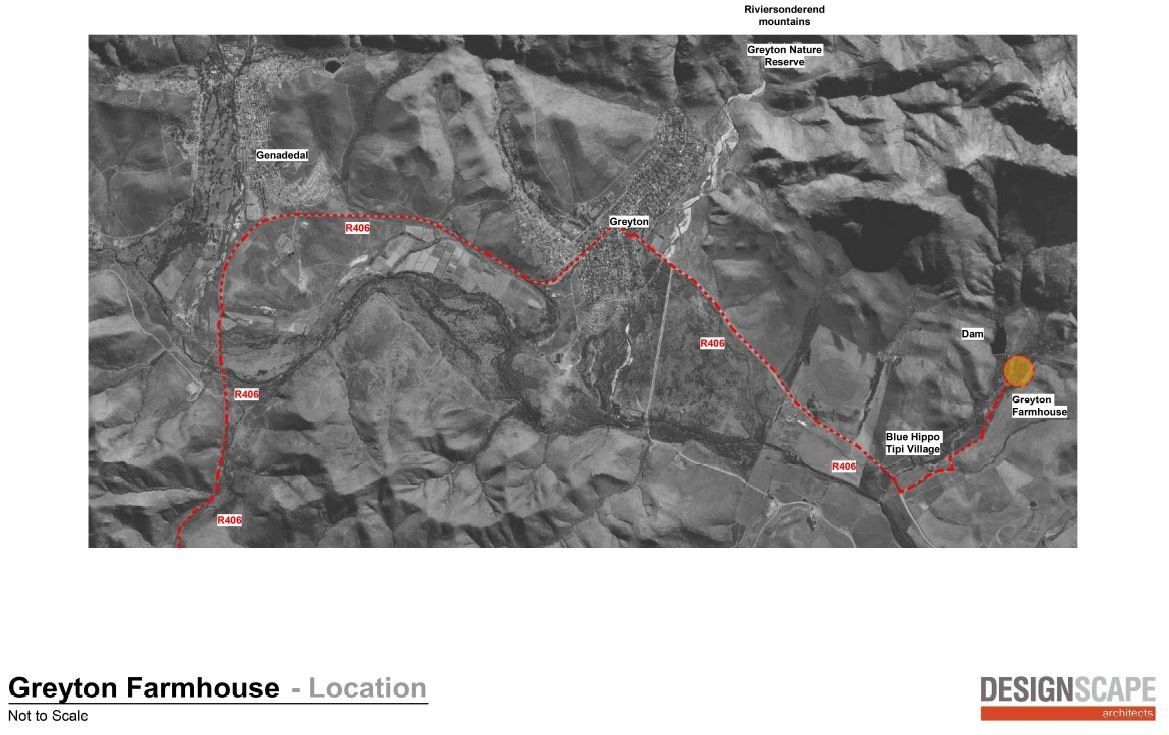Quantity surveyors play one of the most important roles in the building process – so it is imperative for clients to familiarise themselves with necessary services they provide.
Essentially the primary service of any quantity surveyor is to manage the costs of a construction project. In doing so, they can make sure that the project is completed within the estimated budget.
Of course, the exact responsibilities of the quantity surveyor will vary depending on the stage of the project they are working on. There are also different types of quantity surveyors – which should also influence the client’s decision. Quantity surveyors may work independently or may be an in-house quantity surveyor for a design-build firm, and maybe also act as consultants during the project’s design phase.
Responsibilities of a quantity surveyor include:
- Estimating the cost of all necessary construction materials
- Staying informed as to any alterations made to the design and modify the project’s estimated budget appropriately.
- Constantly communicating with all relevant contractors and subcontractors operating on the project’s construction site.
- Estimate the value of labour executed on the construction site
- Preparing various documentation – such as contracts, budgets, and bills of quantities
- Coordinate plans with the client and various other professionals – which may include project managers and site engineers.

The importance of a quantity surveyor cannot be understated and managing the budget of any project would be exceedingly difficult without. That is why clients should thoroughly consider their options when it comes to selecting a quantity surveyor.
Another significant task is to determining the hidden costs of a construction project. On the surface, the cost of a construction project may appear to be equal to the sum of material, equipment, and labour costs. However, this is not always the case – and it is the job of the quantity surveyor to discern all the other factors that might affect the budget.
Factors that affect the budget
Unfortunately, there are a host of these hidden factors. Depending on your type of project, the budget may be affected by the following factors:
- The cost of temporary site requirements – such as fencing, and portable ablution facilities for on-site labourers.
- Government regulations, which may require road closure fees, soil testing fees, site inspection fees etc.
- Inflation rates. If the construction of your project has to be put on hold for extended periods of time (as a result of bad weather conditions or lack of funding), inflation rates have to be taken into account.
- And of course, keeping up to date with all significant design modifications.
For more information about our innovative architectural services and on how we can assist you, get in touch with our team of professional architects and designers in Durban and Cape Town.


Cape Town
109 Waterkant Street
De Waterkant Cape Town
South Africa, 8001
Durban
Rydall Vale Office Park
Rydall Vale Crescent
Block 3 Suite 3
Umhlanga, 4019
Website design by Archmark









